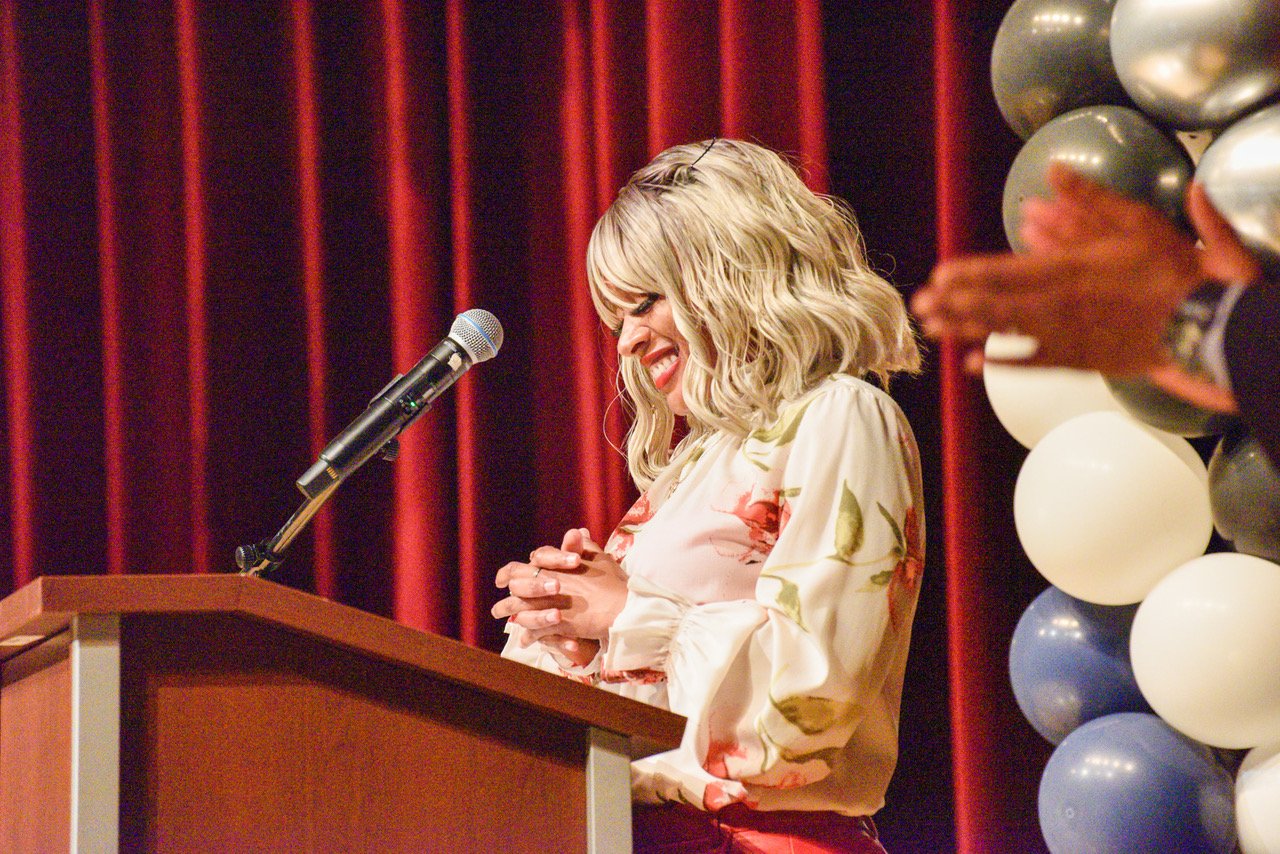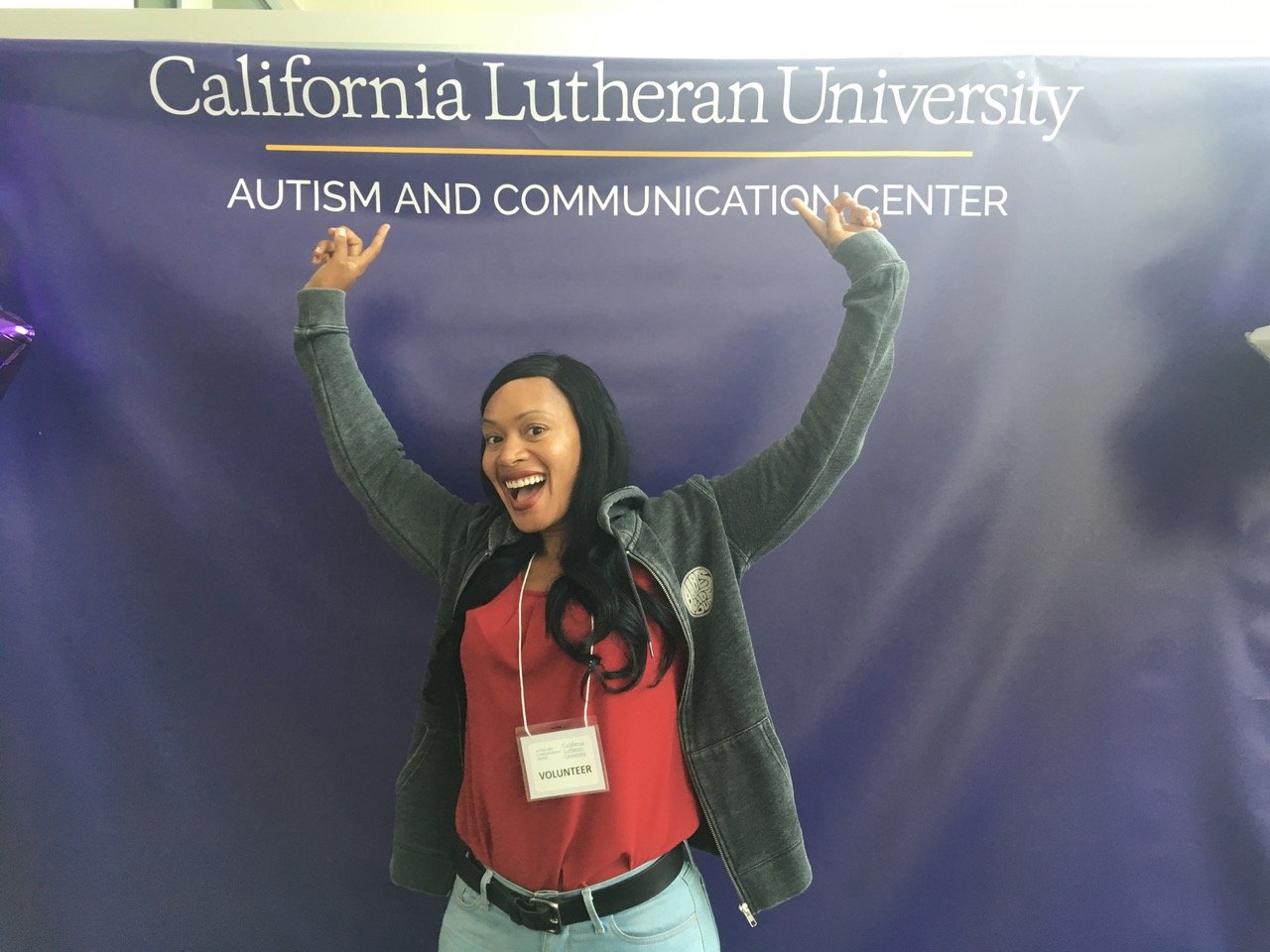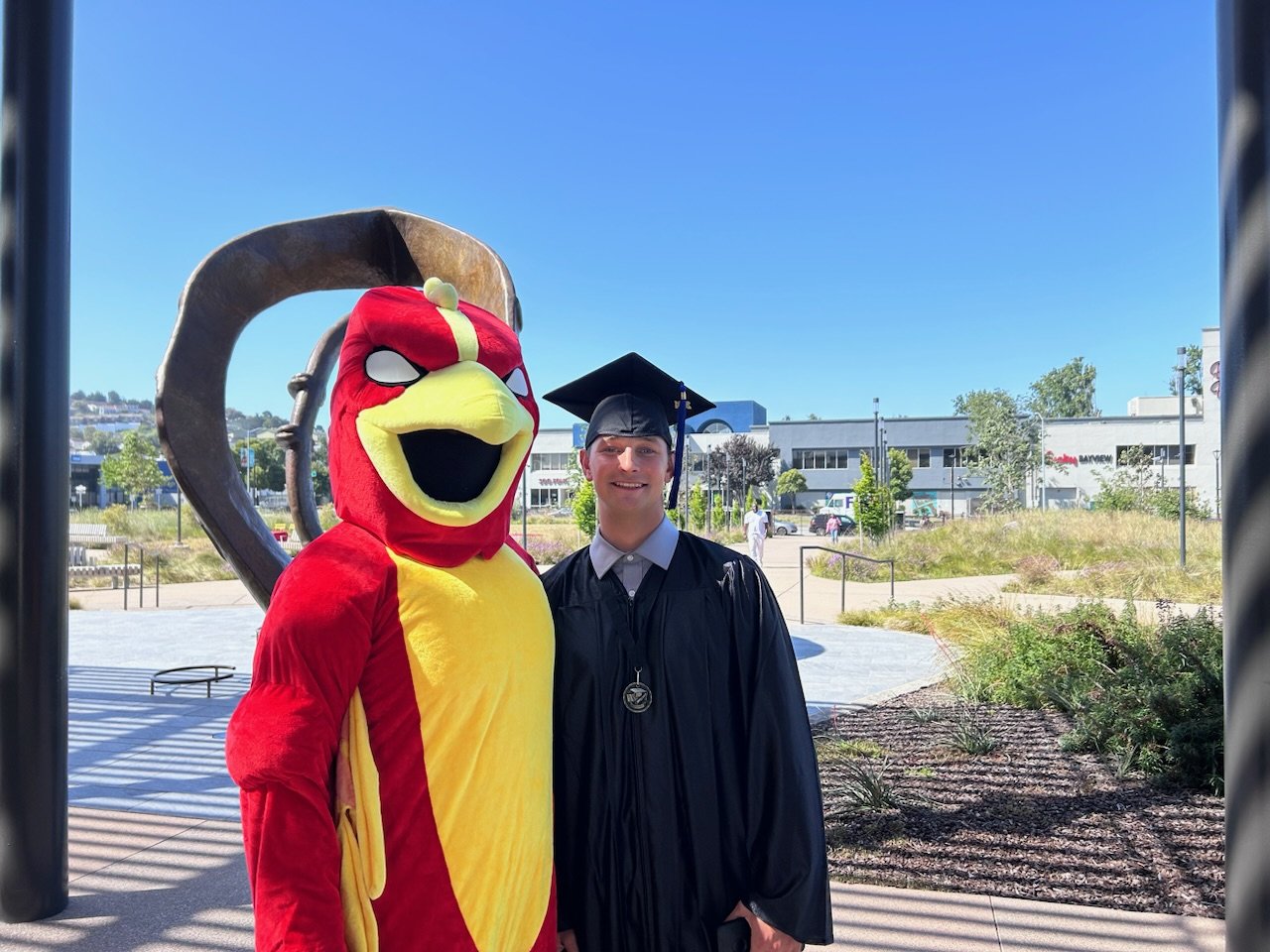With 20 years of experience in education, Sucari Epps is the proud principal at Five Keys Boyle Heights youth site in Los Angeles. Hailing from a family of pioneering Black women — her grandmother was an employment specialist for the veteran’s administration and her mom a probation officer — her path to becoming a principal was not linear.
Five Keys graduation night, June 2024
“I had planned on a career as a lawyer or in politics,” the 44-year-old LA resident says. “But teaching seemed to choose me.”
And, making a difference in the lives of young people through education became her calling.
Today, in a neighborhood that has one of the highest rates of gang violence in America, Sucari may not hold the title of attorney or lawmaker, but her vision for making a difference goes far beyond legislative changes in the lives of predominantly Latino students in this underserved barrio. She’s helping them imagine the unimaginable. A stone’s throw from downtown Los Angeles, gang members are part of the scenery of Boyle Heights. But it’s not just the physical violence, it’s the violence of unemployment, segregation, isolation and an educational system that blatantly ignores and kicks the neighborhood’s teens to the curb.
“These students can barely go outside our building because we are surrounded by two gangs,” she says. “We’ve got bullet marks on the windows and gang members will pull up dressed all in black wearing black hoodies threatening our students. We’re confiscating drugs, knives and vape pens. But yet, somehow inside these doors, the students have learned to speak the academic language, to feel safe and to find new hope. Trust and respect for the students and each other are key.”
The school is made up of students ages 16 to 24 and currently has 56 students enrolled. In June of 2024, 10 students graduated with a high school diploma. Five Keys shares the building and partners with the Boyle Heights Youth Technology Center at 1600 E. 4th St. in Los Angeles.
That’s why she says it’s so exciting to be part of the Five Keys’ school system, which not only aligns with her social justice beliefs, but has the audacity to instill the values that will guide these young people to become responsible and compassionate contributors to the community.
“One of the students I was really proud of is a young lady who really struggled with mental health issues, living with an alcoholic and extremely verbally abusive mother,” says Sucari. I was astonished how she arrived day after day and found the tools and resources to stay focused from our counselors, to joining the student council. I’m so proud to say that today she is in college studying to become psychologist. She’s told me she wants to get her doctorate.
Sucari’s journey from her aspirations to join the legal or political system is an inspiring testament to the transformative potential of educators who are committed to making a difference in their communities.
“Sucari is so passionate, compassionate and really cares about our students and helping them each individually,” says Kelley Alley, SoCal Reginal Superintendent, who supervises Sucari and the principals. “She goes above and beyond by making sure each student is connected to the resources they need.”
In addition to Five Keys Boyle Heights, Sucari recently was appointed principal of Healthright360-Prototypes, which provides education to women who are rebuilding their lives and the lives of their children in a community impacted by substance use, mental illness and domestic violence, and the Pomona school.
From launching a student council to taking students on weekly field trips to Hollywood and bringing in CPR training so students can get certified in case they face life-threatening situations in the community they live, “Sucari is always innovating and looking at ways to improve what we offer to students,” said Kelley.
Sucari graduated with a degree in English Writing and a Master’s in Special Education from California State University in Northridge and a PhD in Education Leadership and Administration from California Lutheran University in Thousand Oaks.
Her ultimate goal has always been to lead a school program or programs that foster positive learning experiences for at-promise youth and/or students with significant social/emotional/behavioral needs as a mentor, coach to instructors, and/or intensive intervention support provider.
“My goal is that these young men and women of color will never again feel limited in their opportunities,” says Sucari. “I’m looking forward to the years ahead, growing this program and watching as together we are transforming lives.”
When she’s not at work, Sucari is trailblazing new journeys traveling on her motorcycle to cities and the countryside near and far from Los Angeles. “I love to make new discoveries and create new adventures.”






